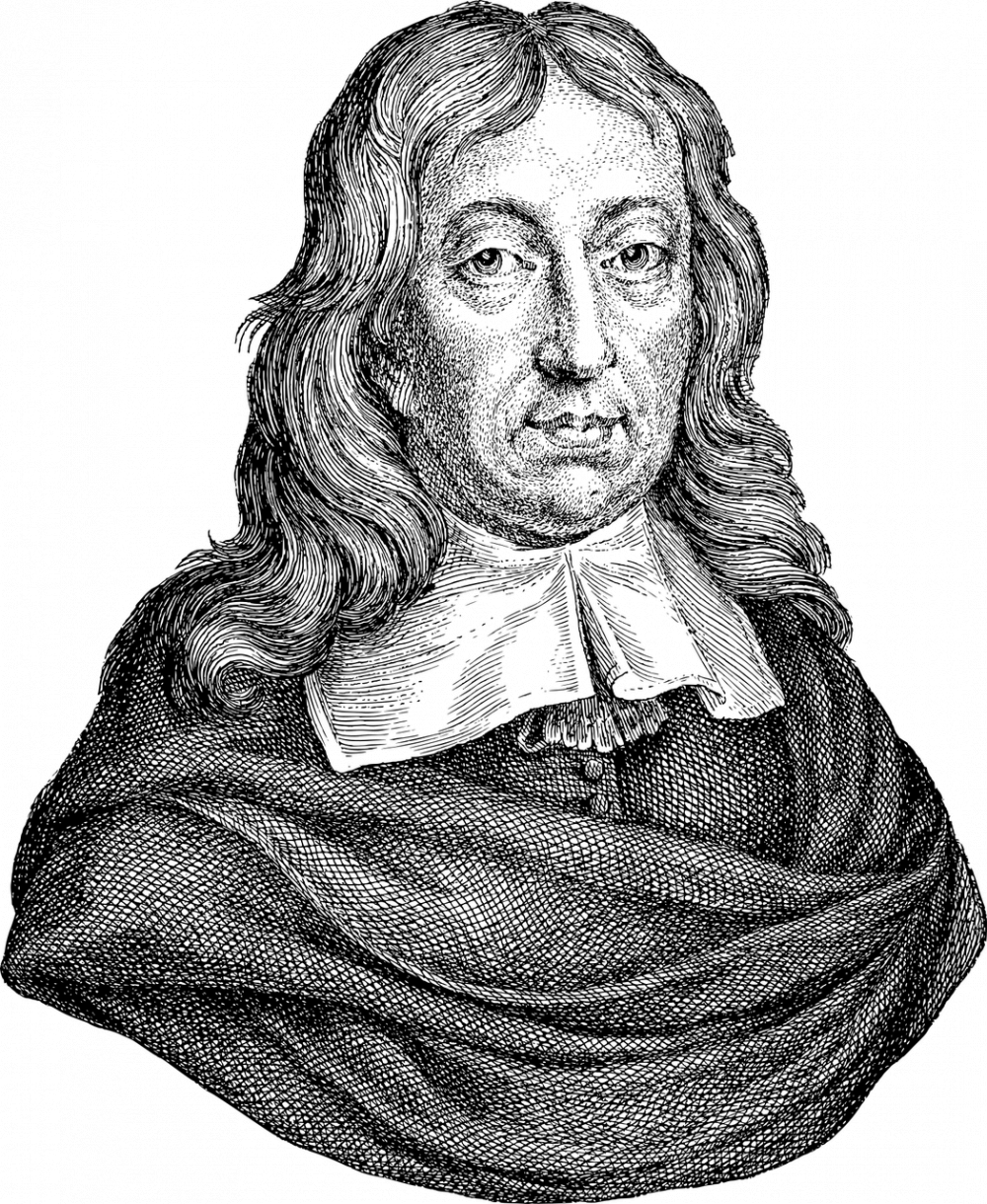George Orwell: A Writer Ahead of His Time

Introduction:
George Orwell, born Eric Arthur Blair, was a renowned British writer and journalist who left an indelible mark on the literary world. He is best known for his works “Nineteen Eighty-Four” and “Animal Farm,” which have become iconic pieces of literature exploring themes of political oppression, totalitarianism, and social injustice. This article aims to provide a comprehensive understanding of Orwell’s life, his impact on literature, and his relevance in today’s society.
I. Early Life and Influences:

George Orwell was born on June 25, 1903, in Motihari, India, during the time of British colonial rule. His experiences in India and witnessing the disparities of power and injustice laid the foundation for his later works. After completing his education in England, Orwell served in the Indian Imperial Police in Burma, an experience that shaped his understanding of authoritarianism and the abuse of power.
II. Literary Achievements:
Orwell’s writing career began in the late 1920s, where he adopted the pen name “George Orwell.” His first notable literary work was “Down and Out in Paris and London,” a vivid portrayal of poverty and the hardships faced by the working class. This groundbreaking book showcased Orwell’s unique ability to expose societal inequalities and shed light on the lives of the marginalized.
[INSERT VIDEO HERE]
III. The Impact of “Animal Farm”:
In 1945, Orwell published “Animal Farm,” a satirical allegory that critiqued the rise of Soviet communism and totalitarianism. Through the portrayal of farm animals overthrowing their human oppressors, Orwell explored the corrupting nature of power and the manipulation of language for political control. “Animal Farm” remains a timeless piece that serves as a cautionary tale against the dangers of absolute power.
IV. “Nineteen Eighty-Four” and Orwell’s Vision:
One of Orwell’s most famous works, “Nineteen Eighty-Four,” published in 1949, depicted a dystopian future controlled by an all-knowing Party led by Big Brother. Orwell’s portrayal of a surveillance state, thought control, and the eradication of individuality continue to resonate in modern society. The concepts introduced in this novel, such as Big Brother, Newspeak, and the Thought Police, have entered our cultural lexicon and serve as warnings against totalitarianism and government intrusion.
V. Orwell’s Social and Political Views:
Orwell was a passionate advocate for democratic socialism and had strong political convictions. He believed in equality, social justice, and the preservation of individual freedoms. Through his works, Orwell exposed the flaws of capitalism, totalitarianism, and the dangers of unchecked power. His ability to address complex political ideas in a relatable and accessible manner made him a prominent figure in political literature.
VI. Legacy and Relevance Today:
Orwell’s writing continues to make a significant impact on contemporary society. His insightful analysis of power dynamics, propaganda, and the manipulation of truth remains eerily relevant. In an era dominated by misinformation and surveillance technology, Orwell’s works act as a call to remain vigilant and protect democratic values. The rise of authoritarian regimes worldwide further emphasizes the importance of Orwell’s message.
Conclusion:
George Orwell’s literary contributions have left an indelible mark on the world of literature and political discourse. His ability to dissect and critique societal injustices, totalitarianism, and the abuse of power makes his works a vital resource for understanding the complexities of our world. Orwell’s passion for truth, justice, and individual freedom is a timeless reminder of the importance of remaining vigilant and questioning authority. As George Orwell once said, “In a time of universal deceit, telling the truth is a revolutionary act.”











